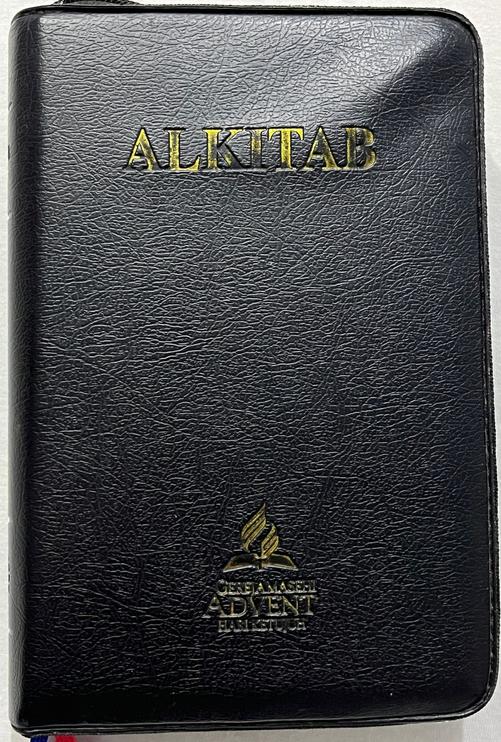God are One.
Deuteronomy 6:4; Isaiah 45:5-6; 1 John 5:7;
-
H3068. Yhvh: LORD (often rendered in all capital letters in English translations to distinguish it from other titles)
Original Word: יְהוָֹה
Part of Speech: Proper Name
Transliteration: Yhovah
Pronunciation: yah-VEH or yah-WEH
Phonetic Spelling: (yeh-ho-vaw')
Definition: LORD (often rendered in all capital letters in English translations to distinguish it from other titles)
Meaning: Jehovah
Word Origin: Derived from the Hebrew verb הָיָה (hayah), meaning "to be" or "to exist."
Corresponding Greek / Hebrew Entries: - Exodus 3:15 (BSB): "God also told Moses, 'Say to the Israelites, ‘The LORD, the God of your fathers—the God of Abraham, the God of Isaac, and the God of Jacob—has sent me to you.’ This is My name forever, and this is how I am to be remembered in every generation."
- Deuteronomy 6:4 (BSB): "Hear, O Israel: The LORD our God, the LORD is One."
- Psalm 23:1 (BSB): "The LORD is my shepherd; I shall not want."
- Isaiah 42:8 (BSB): "I am the LORD; that is My name! I will not yield My glory to another or My praise to idols."
10. Corresponding Strong's Greek Entries:
- G2962 (Κύριος, Kyrios): Often used in the Septuagint (Greek Old Testament) and the New Testament to translate Yhvh, emphasizing the Lordship and authority of God.
Usage: The name Yhvh is the personal, covenantal name of God in the Hebrew Bible.
Cultural and Historical Background: It signifies God's eternal, self-existent nature and His faithfulness to His promises. It is often associated with God's revelation to Moses in Exodus 3:14, where God declares, "I AM WHO I AM."
-
H430. elohim: God, gods, divine beings, judges
Original Word: אֱלהִים
Part of Speech: Noun Masculine
Transliteration: elohiym
Pronunciation: eh-lo-HEEM
Phonetic Spelling: (el-o-heem')
Definition: God, gods, divine beings, judges
Meaning: gods, the supreme God, magistrates, a superlative
Word Origin: Derived from the root אֵל (El), meaning "god" or "power."
Corresponding Greek / Hebrew Entries: - G2316 (Theos): The Greek equivalent used in the New Testament to refer to God.
Usage: Elohim is a plural noun that is most commonly used in the Hebrew Bible to refer to the one true God, Yahweh, emphasizing His majesty and power. Despite its plural form, it is often used with singular verbs and adjectives when referring to the God of Israel, indicating a plural of majesty or intensity rather than number. Elohim can also refer to gods of other nations, divine beings, or even human judges, depending on the context.
-
H259. echad: One, single, first, alone, unity
Original Word: אֶחָד
Part of Speech: Adjective
Transliteration: echad
Pronunciation: eh-khad'
Phonetic Spelling: (ekh-awd')
Definition: One, single, first, alone, unity
Meaning: united, one, first
Word Origin: Derived from a root word meaning "to unify" or "to collect."
Corresponding Greek / Hebrew Entries: - G1520 (heis): One, a primary numeral.
- G3391 (mia): One, first.
Usage: The Hebrew word "echad" primarily denotes the number one, indicating singularity or unity. It is used to express the concept of oneness, whether in numerical terms or in the sense of unity and harmony. In the context of time, it can mean "first" as in the first day of the month. It is also used to describe a collective unity, as seen in the Shema (Deuteronomy 6:4), where it emphasizes the oneness of God.
-
G1526. eisi: are
Original Word: εἰσίν
Part of Speech: Verb
Transliteration: eisi
Pronunciation: ay-see
Phonetic Spelling: (i-see')
Definition: are
Meaning: agree, are, be, were
Word Origin: Derived from the Greek verb εἰμί (eimi), meaning "to be."
Corresponding Greek / Hebrew Entries: The Hebrew equivalent often used in similar contexts is "הֵם" (hem) or "הֵנָּה" (henah), which also means "they are" or "are."
Usage: The Greek word "εἰσίν" (eisi) is the third person plural present indicative form of the verb "εἰμί" (eimi), which means "to be." It is used to denote existence or presence and is typically translated into English as "are." This form is used when referring to multiple subjects.
-
* The Lord God is one Lord.
Deuteronomy 6:4 (KJV)
6:4 Hear, O Israel: The LORD H3068 our God H430 [is] one H259 LORD:
-
* No God beside the Lord.
Isaiah 45:5-6 (KJV)
45:5 I [am] the LORD H3068, and [there is] none else, [there is] no God H430 beside me: I girded thee, though thou hast not known me:
45:6 That they may know from the rising of the sun, and from the west, that [there is] none beside me. I [am] the LORD H3068, and [there is] none else.
-
* the Father.
* the Word (Lord Jesus Christ).
* the Holy Ghost.
1 John 5:7 (KJV)
5:7 For there are three that bear record in heaven, the Father, the Word, and the Holy Ghost: and these three are one G1526.
=
Last Updated on 2025-02-08 by assa
